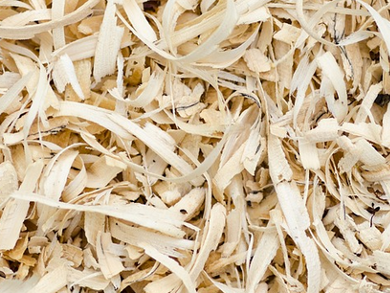UPM started using a sustainable lignin based gluing technology in manufacturing plywood. The patented technology is called WISA BioBond gluing. In this technology 50 % of the fossil-based phenol in the adhesive has been replaced with lignin. The lignin is obtained as a by-product of kraft pulp production.
In the kraft process wood is converted into wood pulp, which consists of almost pure cellulose fibers, the main component of paper. Wood chips are treated with a hot mixture of water, sodium hydroxide, and sodium sulfide. This so-called white liquor breaks the bonds that link lignin, hemicellulose, and cellulose. The technology consist of several mechanical and chemical steps and is the dominant method for producing paper. Outdoor and marine-grade plywood use water-resistant phenol-formaldehyde glue to prevent delamination and to withstand moisture.
The company plans to take the gluing technology into use gradually in all plywood mills. The change has no practical effect on end-users, but makes their production most sustainable.
- UPM, Helsinki, Finland
- More information on WISA BioBond gluing




